BNP Chairperson Khaleda Zia yesterday expressed no confidence in the High Court bench of Justice JBM Hassan assigned by the chief justice to dispose of the three writ petitions regarding cancellation of her nomination papers.
During the court proceedings, AJ Mohammad Ali, the principal counsel for Khaleda, said she has no confidence in this bench as Justice JBM Hassan is junior to Justice Syed Refaat Ahmed, who presided over a two-judge HC bench that passed dissenting orders on the BNP chief's petitions.
Justice Hassan told the lawyer that Chief Justice Syed Mahmud Hossain assigned his bench to hold hearing on the petitions.
Ali said that traditionally, a senior judge should hear and dispose of any petition on which another bench passed dissenting orders.
The bench of a judge, who is senior to Justice Syed Refaat Ahmed, should hear the writ petitions, he said.
At that, Justice Hassan said Khaleda's lawyers could have placed an application with their statements about not moving the petitions before his bench.
Ali replied they could not prepare the application due to time constraints and he sought time for submitting an application.
Then, Justice Hassan asked the lawyer to place their written statement before him by Monday.
Bodruddoza Badal, another lawyer for Khaleda, told this correspondent that the BNP chief was doubtful about getting justice from the bench.
“We will place separate applications on behalf of BNP Chairperson Khaleda Zia before the chief justice and the High Court bench of Justice JBM Hassan on Monday, expressing no confidence in the bench. We will request the chief justice to assign another bench of a judge, who is senior to Justice Syed Refaat Ahmed,” he added.
Later, talking to reporters at his office, Attorney General Mahbubey Alam said Khaleda's lawyers did not express no confidence in the bench of Justice JBM Hassan.
The BNP chief's counsel sought time from the HC bench just to kill time as they knew her writ petitions would be rejected, he added.
During the court proceedings, Khaleda's lawyer Ali raised question about the attorney general's appearance before the HC as the Election Commission lawyer.
He told the court that Mahbubey Alam could not appear for the EC, as he is the attorney general. As an individual lawyer, he could appear for the commission.
The attorney general then placed a document before the court, saying that he stood for the EC as an individual lawyer.
On December 11, the HC bench of Justice Syed Refaat Ahmed and Justice Md Iqbal Kabir Lytton passed dissenting orders on Khaleda's writ petitions.
Justice Syed Refaat Ahmed, the senior judge of the bench, stayed for three months the EC's rejection of her appeals against cancellation of her nomination papers for Bogura-6, 7 and Feni-1 by returning officers.
The judge ordered the EC and the returning officers to allow Khaleda to complete all necessary formalities to contest the 11th parliamentary election.
He also issued a rule asking the EC and the government to explain in two weeks why Khaleda should not be allowed to run and why the decisions of the returning officers and the EC about her nomination papers should not be declared illegal.
On the other hand, Justice Md Iqbal Kabir Lytton, the junior judge of the bench, summarily rejected the writ petitions on four grounds, including that the petitions of Khaleda are not acceptable as she was convicted and sentenced to 17 years in prison in two cases.
As per article 66(2) (d) of the constitution, a convict sentenced to more than two years' imprisonment cannot contest the election in five years after his or her release from jail, the judge said in the order.
The bench then sent the petitions along with their dissenting orders to the chief justice for a decision.
On Wednesday, the chief justice assigned the HC bench of Justice JBM Hassan to hear and dispose of the petitions.
Khaleda landed in jail on February 8 after a special court in Dhaka sentenced her to five years' imprisonment in the Zia Orphanage Trust corruption case. The HC later extended her jail term to 10 years.
On October 29, she was convicted and sentenced to seven years' rigorous imprisonment by the same court in the Zia Charitable Trust graft case.


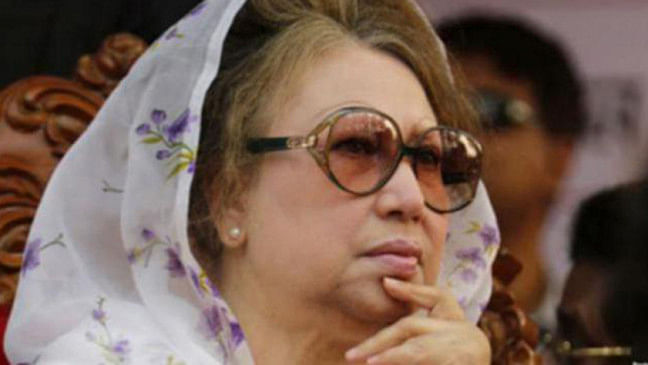
 For all latest news, follow The Daily Star's Google News channel.
For all latest news, follow The Daily Star's Google News channel. 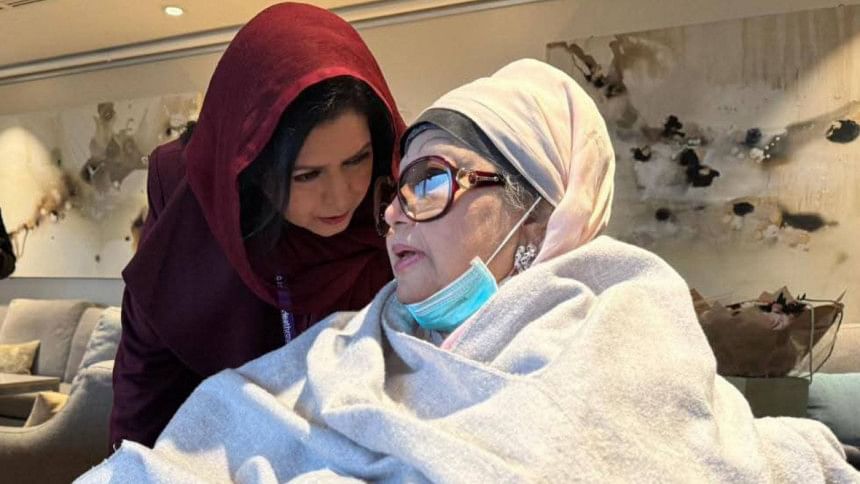
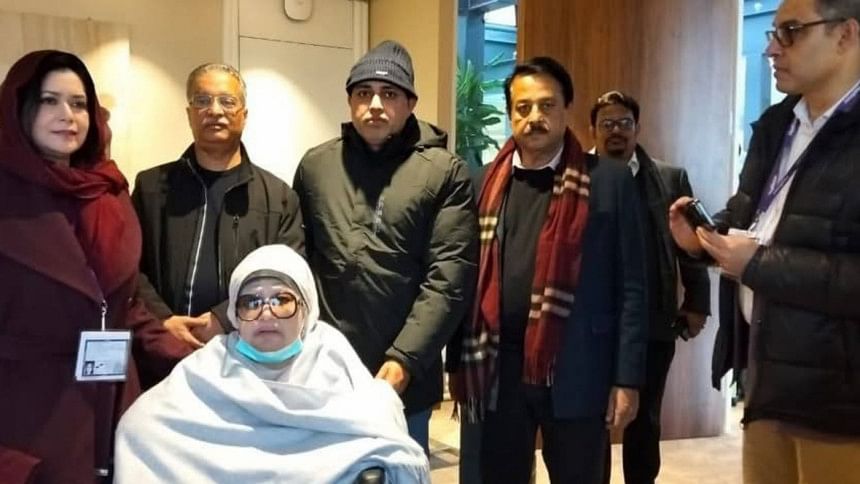




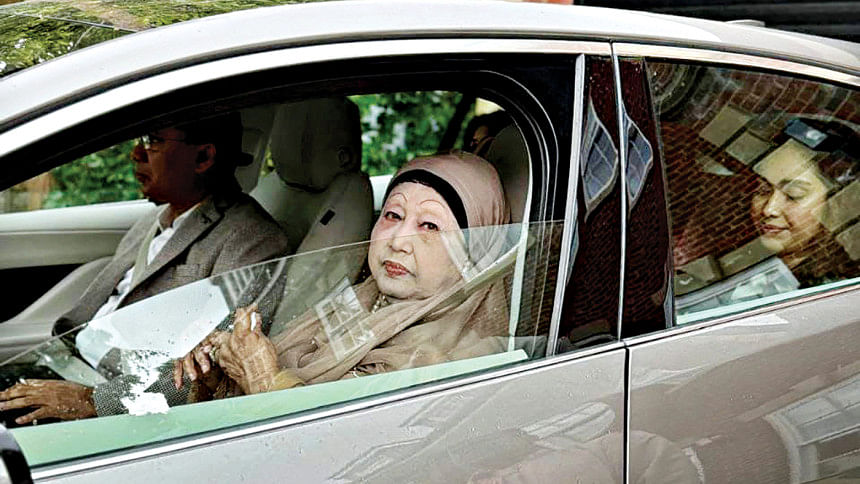


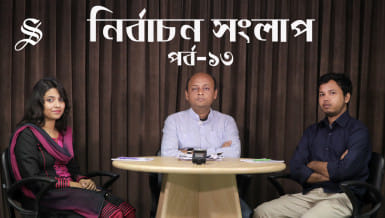
Leave your comments